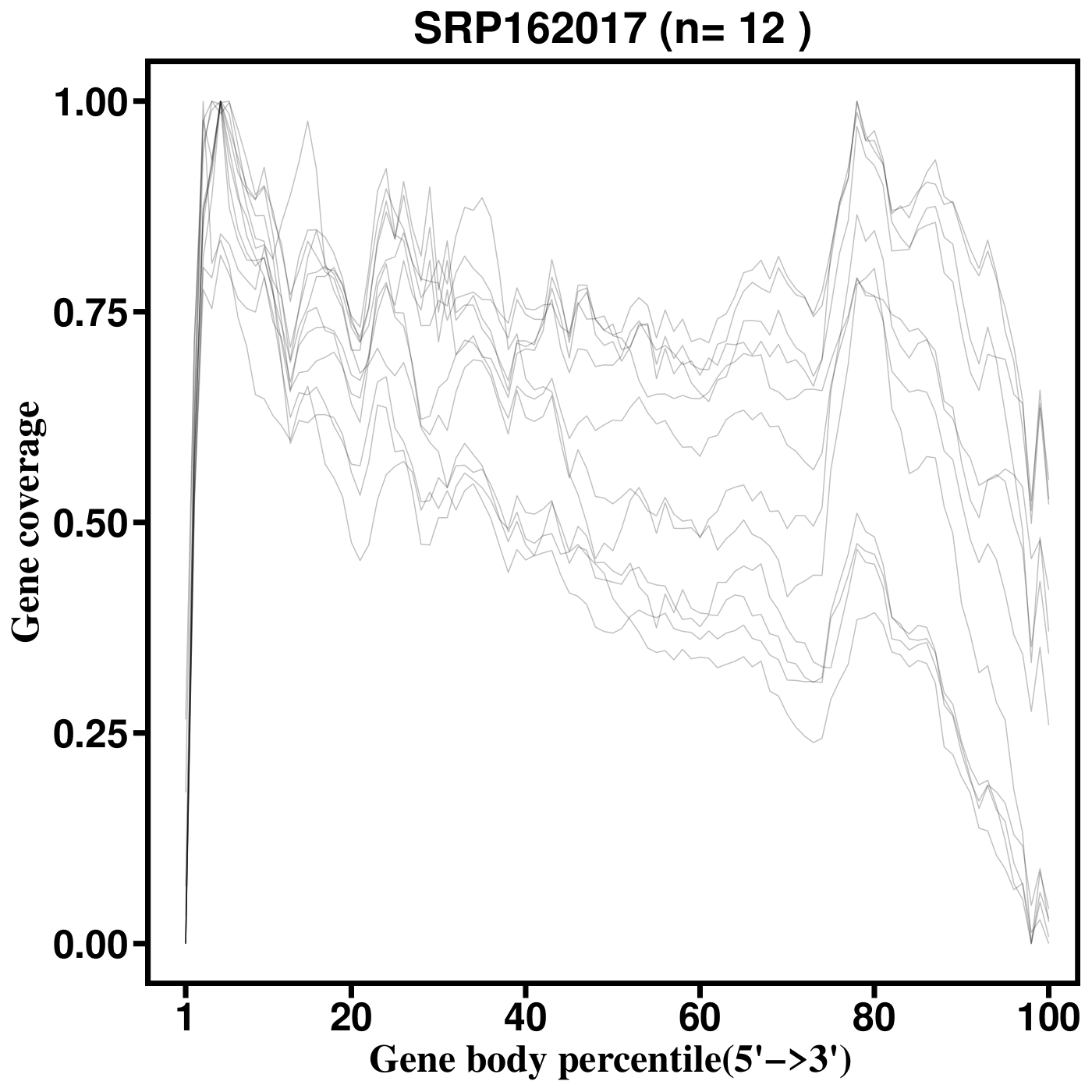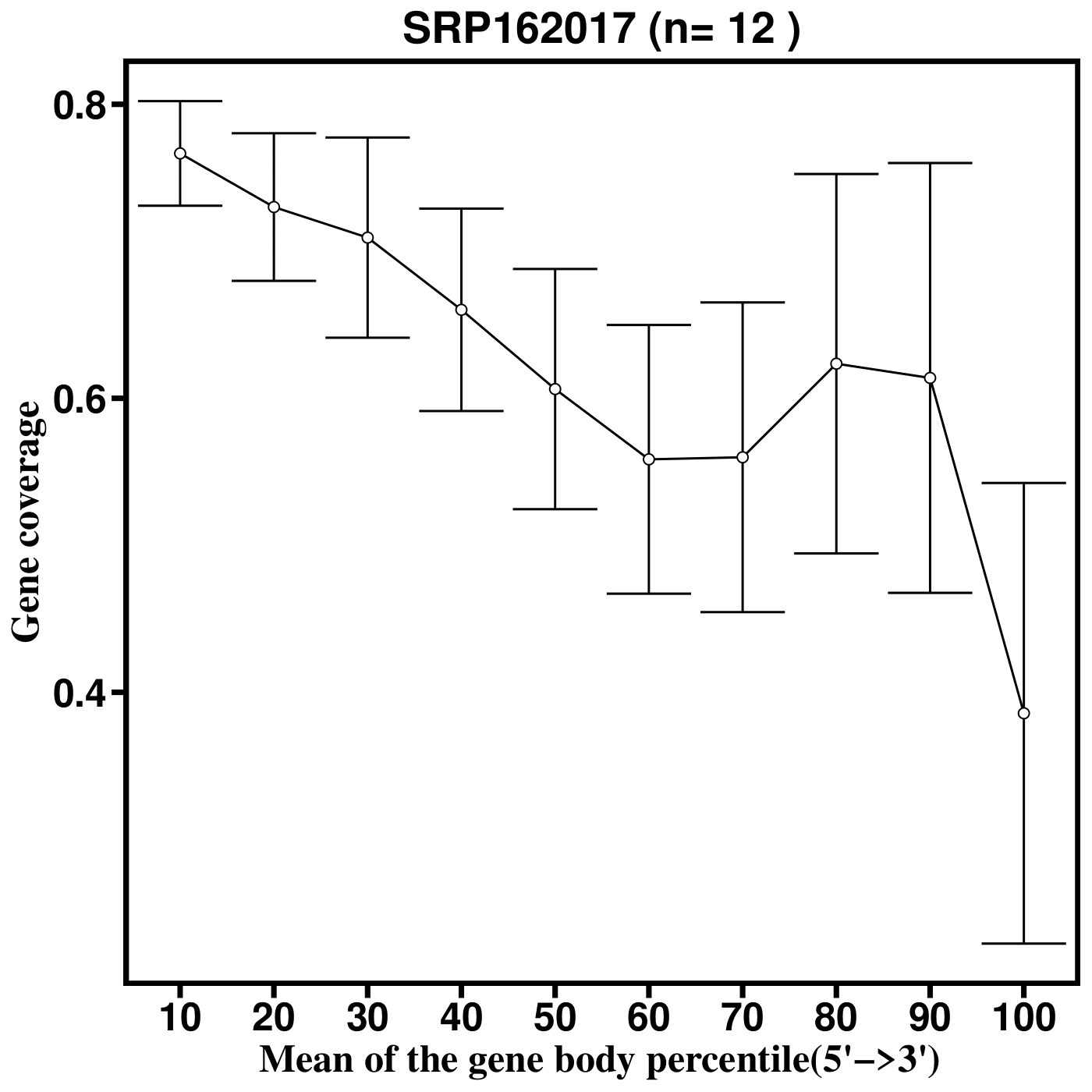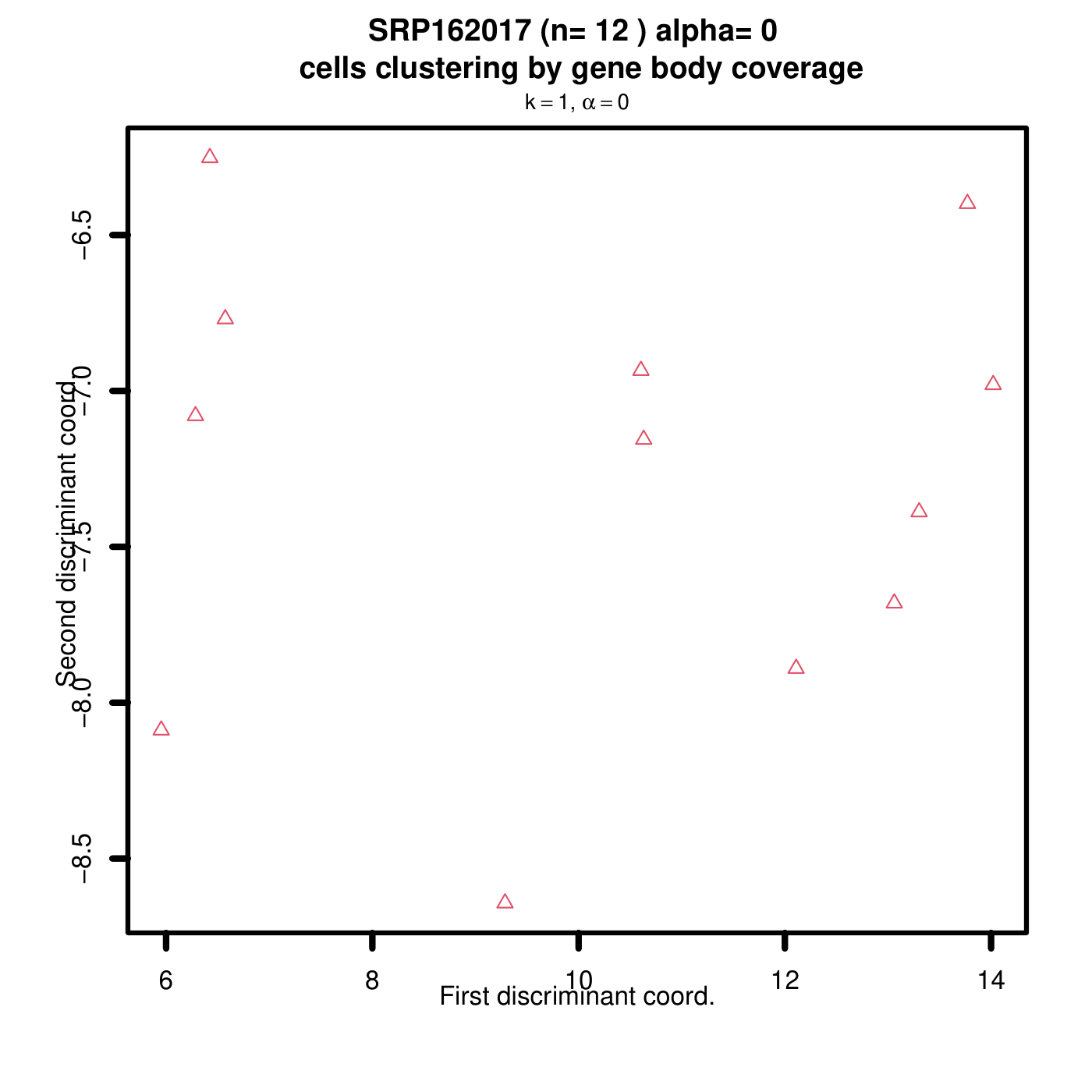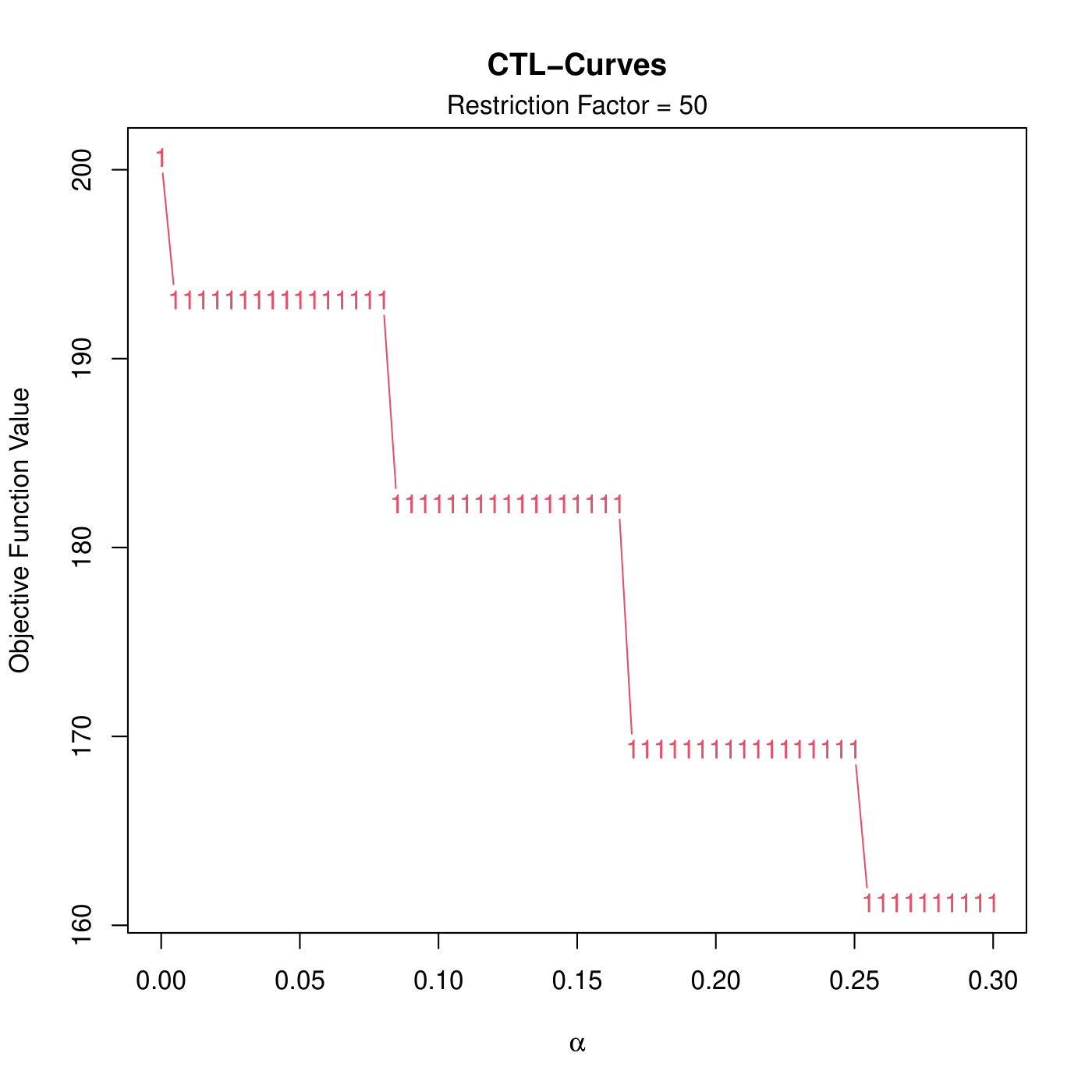Deciphering human macrophage development at single-cell resolution
Transcription factor p63 is a key regulator of stratified epithelia. In humans mutations in p63 are associated with developmental disorders that manifest defects in stratified epithelia including the epidermis. We established an epidermal commitment model using human pluripotent stem cells (PSCs) and characterized differentiation defects of PSCs carrying p63 mutations. Transcriptome analyses revealed distinct phases of epidermal commitment, multipotent simple epithelial, basal stratified epithelial and mature epidermal fates. Differentiation defects of p63 mutant PSCs occurred during the specification switch from the simple epithelium to the basal stratified epithelial fate. Single-cell transcriptome and pseudotime analyses identified enhanced mesodermal signatures associated with the deviated commitment route of p63 mutant PSCs. Repressing mesodermal differentiation improved epidermal commitment of PSCs. Our study demonstrate that p63 is required for specification of stratified epithelia but not sufficient for epidermal maturation. It provides insights into disease mechanisms underlying defects of stratified epithelia caused by p63 mutations.
GSE120107 Samples
Cell Metadata and BAM Files
| BAM Files | Run Accession Number | Sample Accession Number | Organism | Organ/Tissue | Dev. Stage | Cell Type | Sequencer | Protocol | Assay Type | Library Layout |
|---|
CAGE Transcription Start Site (CTSS) File Download
The CTSS positions were taken from dataset BAM files, downloadable here.
UMAP Plots
SkewC Output Plots





